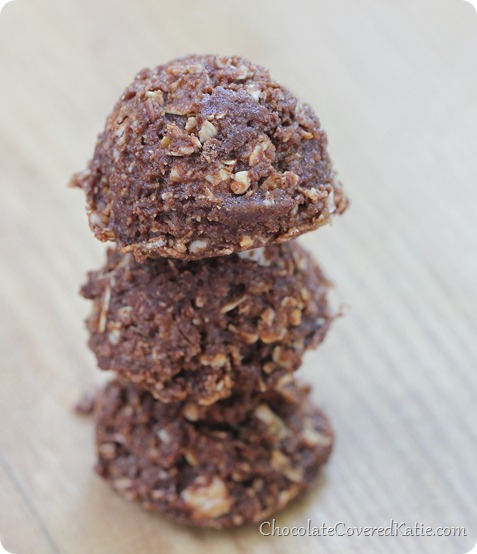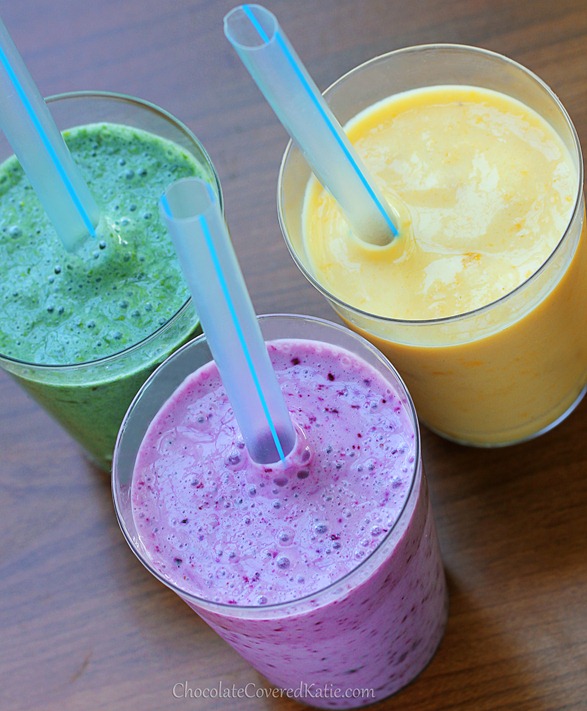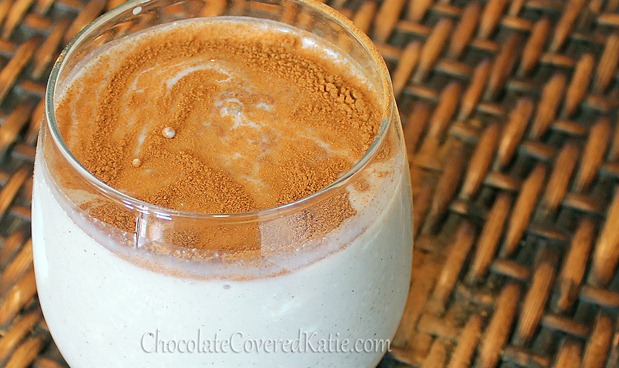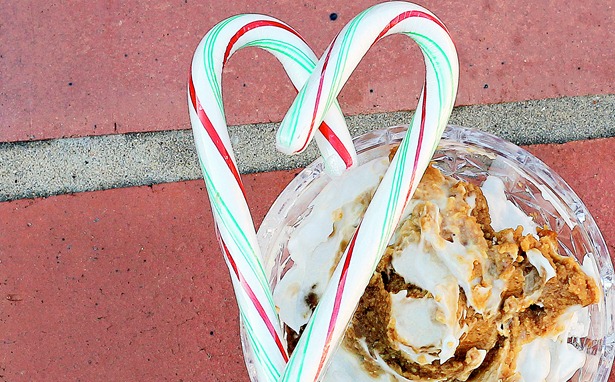Compassion
On the one side, there are groups like Vegan Outreach that promote the practice of compassion through the vegan diet. On their website, in their e-newsletter, and in their booklets, the words "compassion" and "suffering" come up frequently. The ethic of Vegan Outreach is simple: there are countless animals suffering right now on factory farms, yet by acting with compassion and choosing to go vegan, we can help reduce the problem. By working together to "veganize" the world, we can eventually greatly minimize and maybe even eliminate this cruelty. According to Vegan Outreach's website, we can argue for veganism using the logic, "I know that I don’t want to suffer. Therefore, I don’t want to cause others to suffer."
Other people and vegan organizations seem to fall in the "compassion" category, as well. For example, Colleen Patrick-Goudreau, also known as "The Compassionate Cook", speaks a lot about compassion when she talks about veganism. You can listen to two of her podcasts about compassion and veganism here: http://www.compassionatecook.com/category/writings/podcast-media/the-compassionate-life.
According to the American Vegan Society,
"Veganism is compassion in action. It is a philosophy, diet, and lifestyle.The animal rights/welfare organization Mercy for Animals actually has "inspiring compassion" as the slogan at the top of their website. As you can see, compassion is a very important value for vegans-- as it should be!
Veganism is an advanced way of living in accordance with Reverence for Life, recognizing the rights of all living creatures, and extending to them the compassion, kindness, and justice exemplified in the Golden Rule."
Justice
Some people, however, argue that compassion is secondary to a more important concept that drives their vegan choices: justice, they say, comes first.
Gary L. Francione, a Board of Governors Professor of Law and Nicholas deB. Katzenbach Scholar of Law and Philosophy at Rutgers University School of Law-Newark, promotes the "abolitionist approach" to veganism and animal rights. He states that practicing veganism solely as a means of reducing suffering is misguided; instead, veganism should come from the principles of justice.
In his blog post, "Veganism: Just Another Way of Reducing Suffering or a Fundamental Principle of Justice & Nonviolence?", he writes:
"It is important to understand that there are significant differences among those who regard themselves as vegans.
"One important difference is between those who maintain that veganism is merely a way of reducing suffering, and those who maintain that it is a fundamental commitment to justice, nonviolence, and a recognition of the moral personhood of nonhuman animals.
"...We can no more justify using nonhumans as human resources than we can justify human slavery. Animal use and slavery have at least one important point in common: both institutions treat sentient beings exclusively as resources of others. That cannot be justified with respect to humans; it cannot be justified with respect to nonhumans—however “humanely” we treat them."He goes on to say, "Veganism is not just a way of reducing suffering; it is what justice for nonhumans requires at the very least."
There is also a blog called "The Rational Vegan" that explains it very well in the post "Compassion or Justice?":
"...watching a video showing animals being mistreated can make us sad. The message is "You're compassionate, right? Don't eat animals!"Which is Right, Then?
"For the non-vegan, the argument comes down to tastiness of animals versus feeling bad for the animals that suffer to make that tasty food. It's a battle of emotions, not reason. How often does self-interest win out over compassion? How often does an "ex-vegan" find that compassion is suddenly outweighed by the desire for a hamburger?
"You hopefully are able to see why an appeal to emotion is considered a logical fallacy. It depends on emotional state, which is fickle."
My conclusion to all of this is that both compassion and justice are important when making the decision to go vegan. For some people, compassion will play the biggest role. For others, justice may be their sole reason for shunning animal products. The point is this: both compassion and justice are valid, good things, and if they make people stop causing the murder and imprisonment of animals, then great!
Compassion is a wonderful thing. However, compassion on its own may be not be enough to make someone go fully vegan. PETA, Peter Singer, and Vegan Outreach talk about compassion and "humane" animal products, but they don't advocate for true veganism-- they tell you to "do the best you can without looking obsessive", etc. Advocating for "almost-veganism" is detrimental for practical reasons (more animals being harmed) and philosophical reasons (it's morally inconsistent). Also, the Dalai Lama-- thought to be the Bodhisattva of Compassion-- is not even a vegetarian. Simply feeling compassion for the animal on your plate is not going to help the animal who was killed for you to eat. Also, there are some people who may not feel much compassion towards animals-- however, that should not mean that they can be excluded from having ethical obligations to others. That's why a belief in animal rights, nonviolence, and justice for all is also a good thing to have.
Some people, however, may go vegan for only one of those reasons-- or an entirely different reason altogether, such as spirituality-- and that's fine, too. If you are completely committed to act on your values of compassion alone or your values of justice alone, there isn't a problem!
Now you tell me! Why are you vegan-- justice or compassion, or both, or something else?





